Books Like The 48 Laws Of Power
If The 48 Laws of Power fascinated you with its blend of historical examples, cold strategy, and insight into manipulation and dominance, these books explore similar themes of power, influence, and self-control—often through lenses of psychology, warfare, leadership, or business.
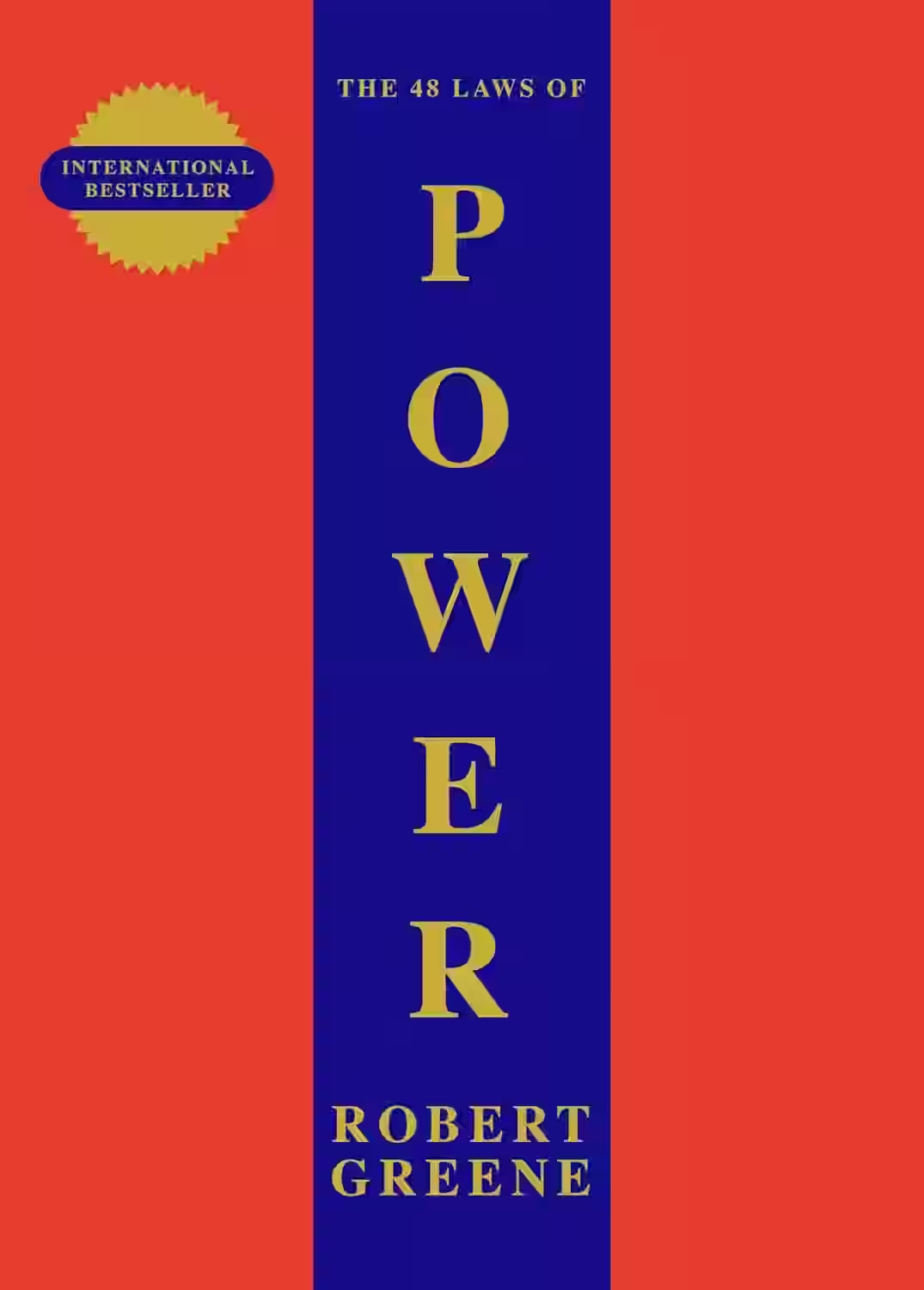
In this huge international bestseller, the 48 laws are illustrated through the tactics, triumphs and failures of great figures from the past who have wielded - or been victimised by - power. The perfect book for the power hungry (and who doesn't want power?). At work, in relationships, on the street or on the 6 o'clock news: the 48 Laws apply everywhere. For anyone with an interest in conquest, self- defence, wealth, power or simply being an educated spectator, The 48 Laws of Power is one of the most useful and entertaining books ever. This book 'teaches you how to cheat, dissemble, feign, fight and advance your cause in the modern world.' (Independent on Sunday) The distilled wisdom of the masters - illustrated through the tactics, triumphs and failures from Elizabeth I to Henry Kissinger on how to get to the top and stay there. Wry, ironic and clever, this is an indispensable and witty guide to power.
Similar Books You Might Enjoy
If you enjoyed The 48 Laws Of Power, you might also like these books.
Discover your next great read from our curated selection of similar books.
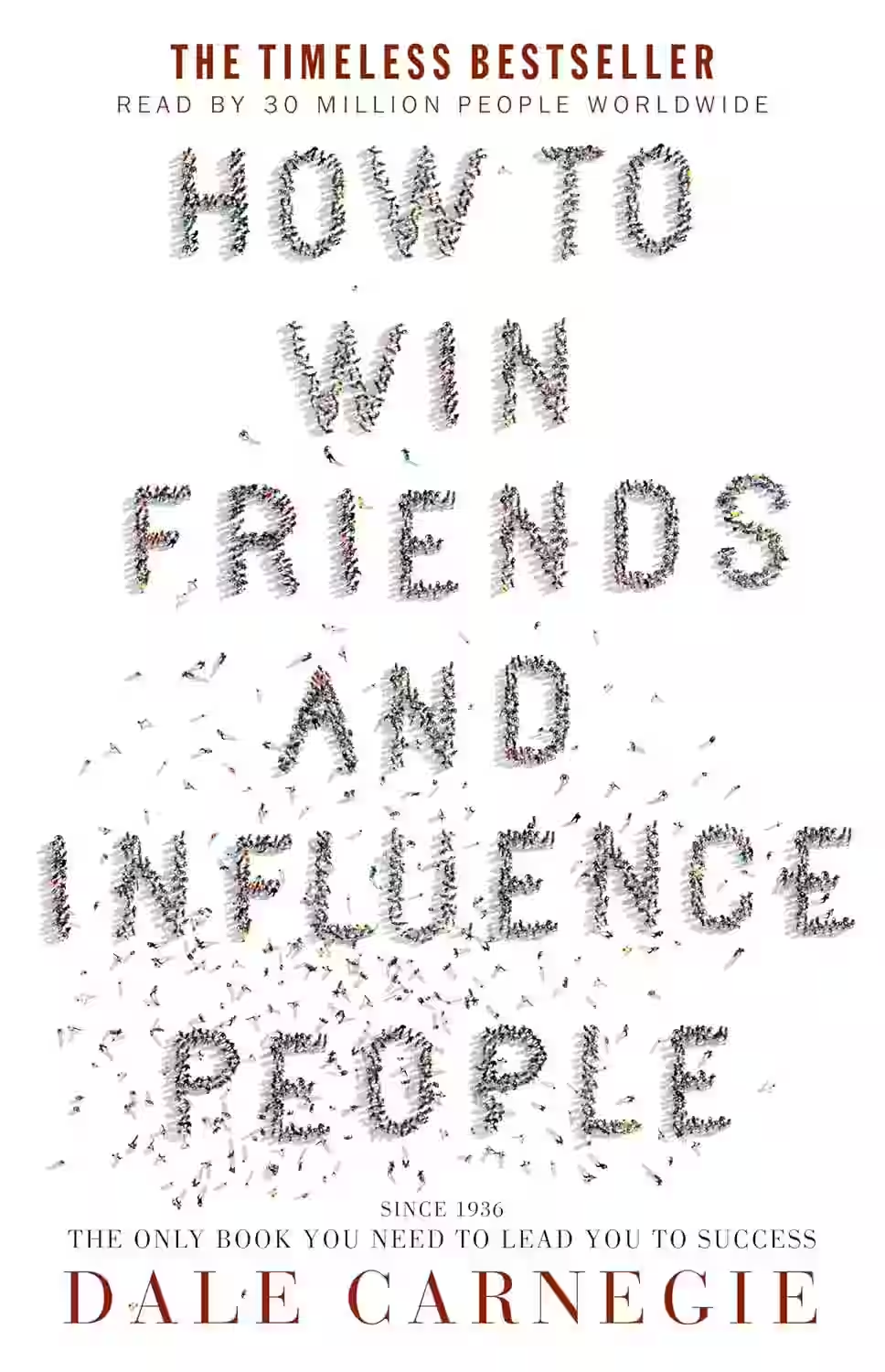
About the Author Dale Carnegie (November 24, 1888 -- November 1, 1955) was a celebrated American author and self-improvement guru. Born in poverty on a farm in Missouri, he built himself a successful career as a traveling salesman before moving on to teach public speaking at a New York YMCA in 1912. His course was a hit, and within two years he had moved out of the YMCA and founded the Dale Carnegie Institute to accommodate the huge demand for his classes. His 1936 book HOW TO WIN FRIENDS AND INFLUENCE PEOPLE was a global bestseller, selling almost 5 million copies during his lifetime and becoming a staple of business curriculums around the world.

The Art of War is a classic Chinese military treatise attributed to Sun Tzu, written over 2,000 years ago. It offers timeless strategies for warfare, emphasizing intelligence, adaptability, and psychological insight over brute force. Though rooted in military contexts, its principles have influenced leaders, business strategists, and thinkers worldwide. The book promotes discipline, careful planning, and the importance of understanding both yourself and your opponent. With aphoristic wisdom and practical advice, The Art of War endures as a foundational text on conflict, leadership, and strategic thinking in both personal and professional realms.
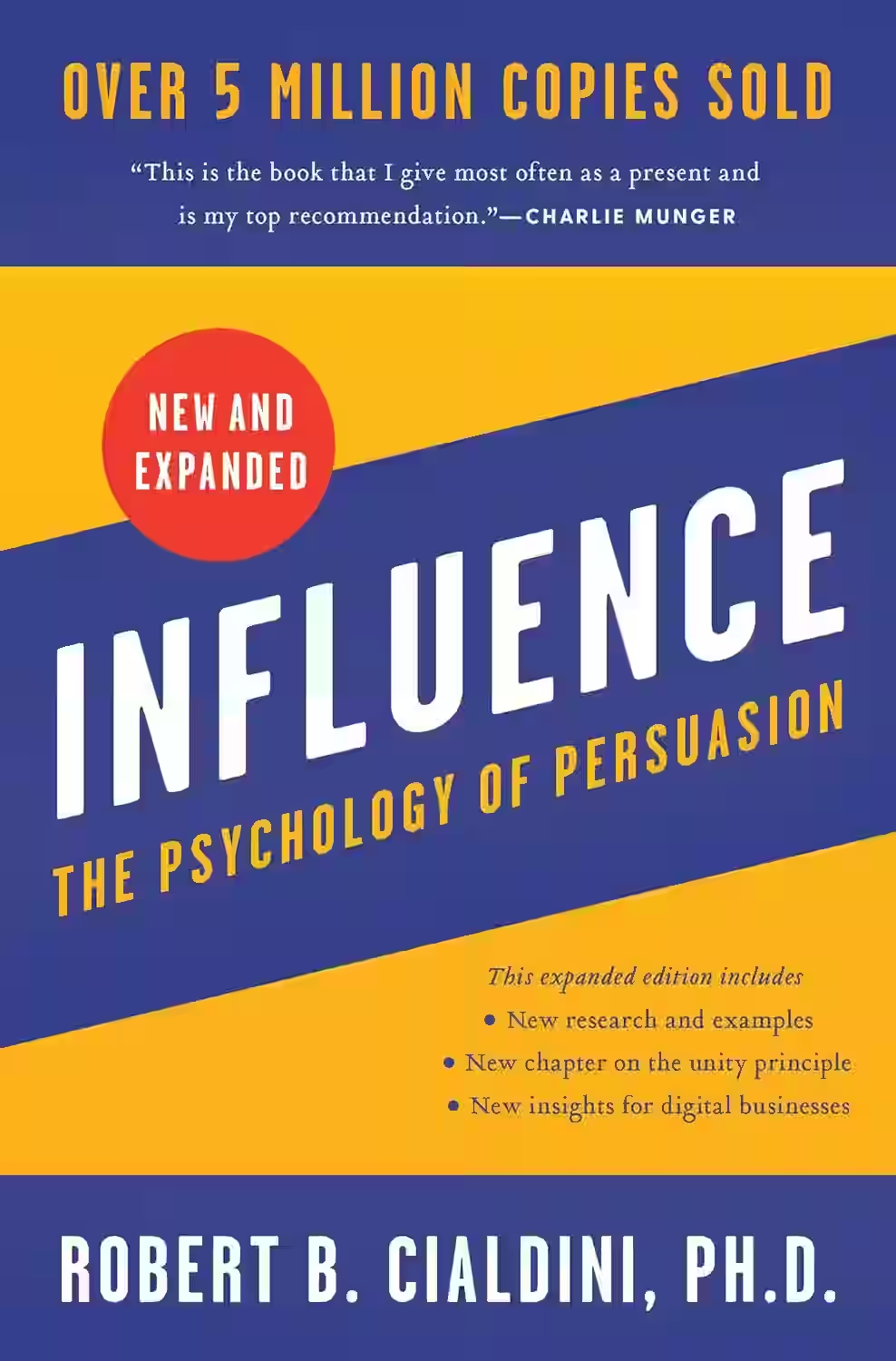
Robert Cialdini―New York Times bestselling author of Pre-Suasion and the seminal expert in the fields of influence and persuasion―explains the psychology of why people say yes and how to apply these insights ethically in business and everyday settings. Using memorable stories and relatable examples, Cialdini makes this crucially important subject surprisingly easy. With Cialdini as a guide, you don’t have to be a scientist to learn how to use this science.

A foundational work of political theory, The Prince offers blunt, often controversial advice for rulers seeking to maintain power. Rejecting moral ideals in favor of pragmatism and realpolitik, Machiavelli argues that ends often justify means. Still influential centuries later, this short but powerful treatise examines leadership, manipulation, and the mechanics of power, shaping political discourse across generations.
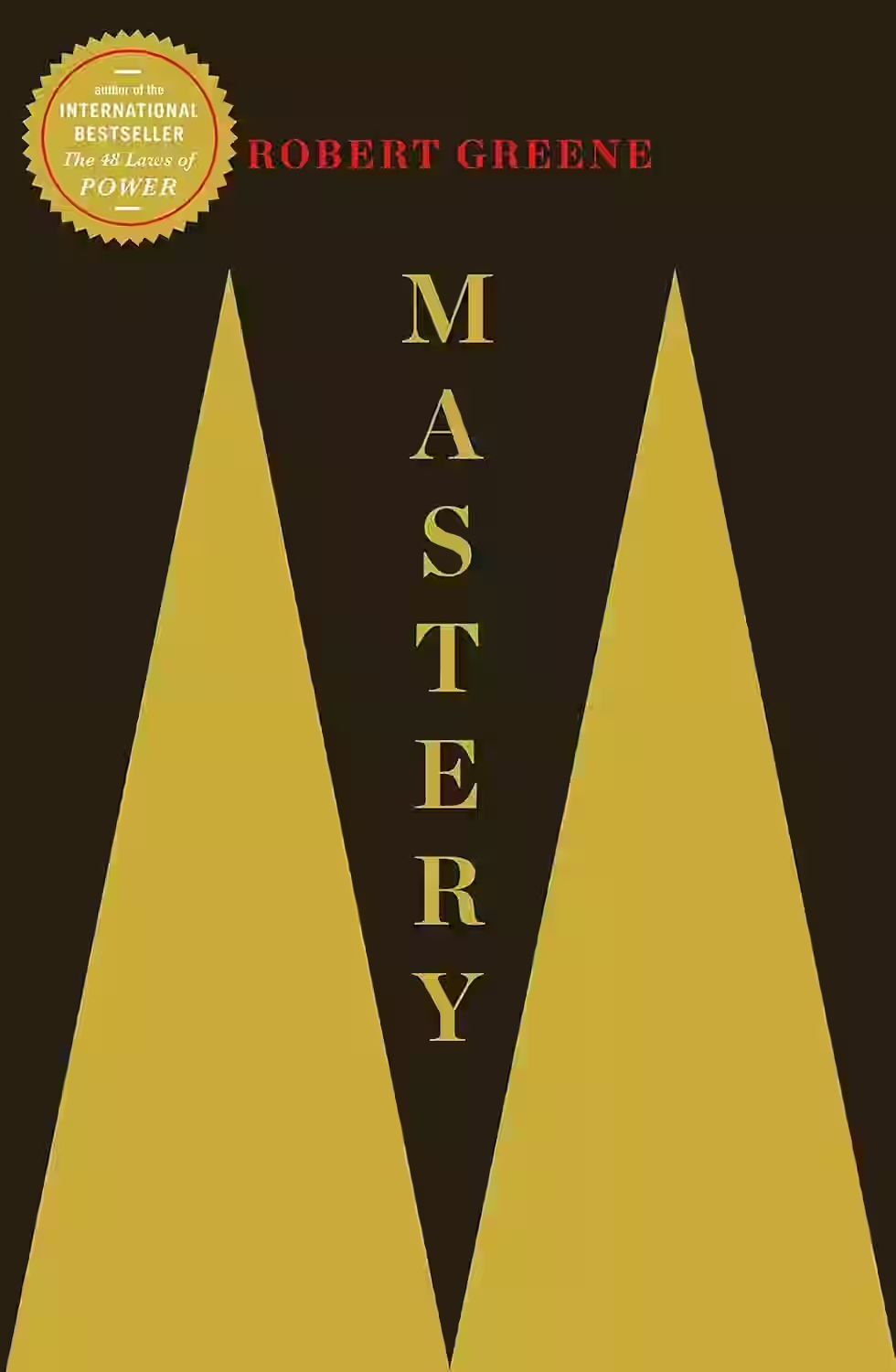
Robert Greene examines the paths of historical figures and contemporary experts to uncover the principles of achieving mastery in any field. He outlines a process involving apprenticeship, practice, and innovation, emphasizing the importance of perseverance.

In 'The Art of Seduction,' Robert Greene delves into the intricate and often controversial world of seduction. Through historical anecdotes and psychological insights, Greene offers a guide to mastering the art of seducing others, whether for personal or professional gain. The book explores different seductive archetypes, strategies, and pitfalls, providing readers with a comprehensive understanding of power dynamics and human behavior. While some may find the content manipulative, Greene's work prompts introspection and critical thinking about our social interactions. 'The Art of Seduction' challenges conventional norms and offers a fresh perspective on the complexities of seduction in various relationships.
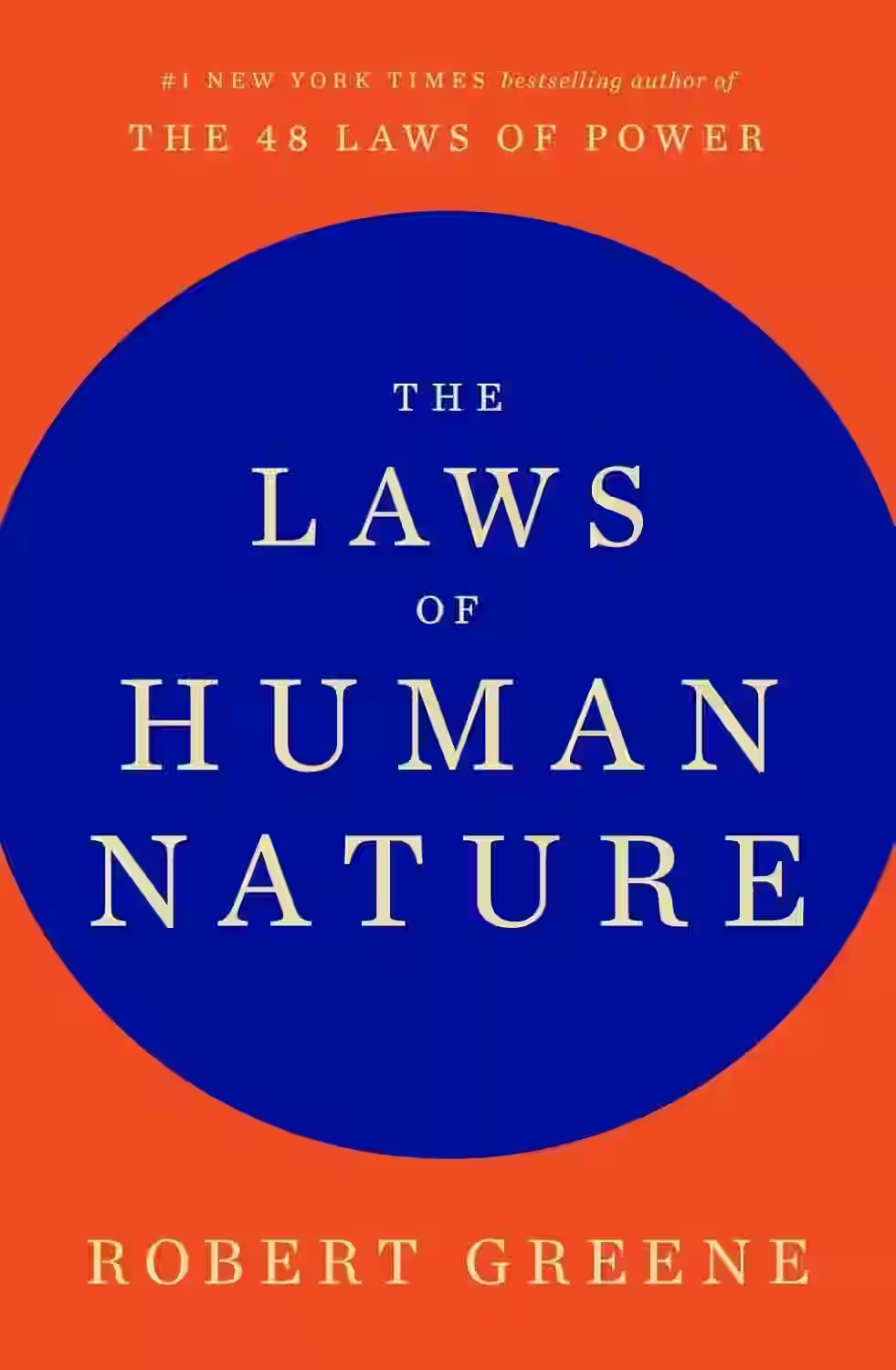
In 'The Laws of Human Nature' by Robert Greene, readers are taken on a transformative journey exploring the intricacies of human behavior and psychology. Through captivating storytelling and insightful analysis, Greene delves into the motivations and dynamics that drive our actions, shedding light on the darker aspects of human nature. By drawing from historical examples and psychological research, the book offers practical wisdom on how to navigate social interactions, understand the behaviors of others, and ultimately harness the power of empathy and self-awareness. A compelling blend of psychology, philosophy, and practical advice, 'The Laws of Human Nature' challenges readers to confront their innermost tendencies and strive for personal growth.
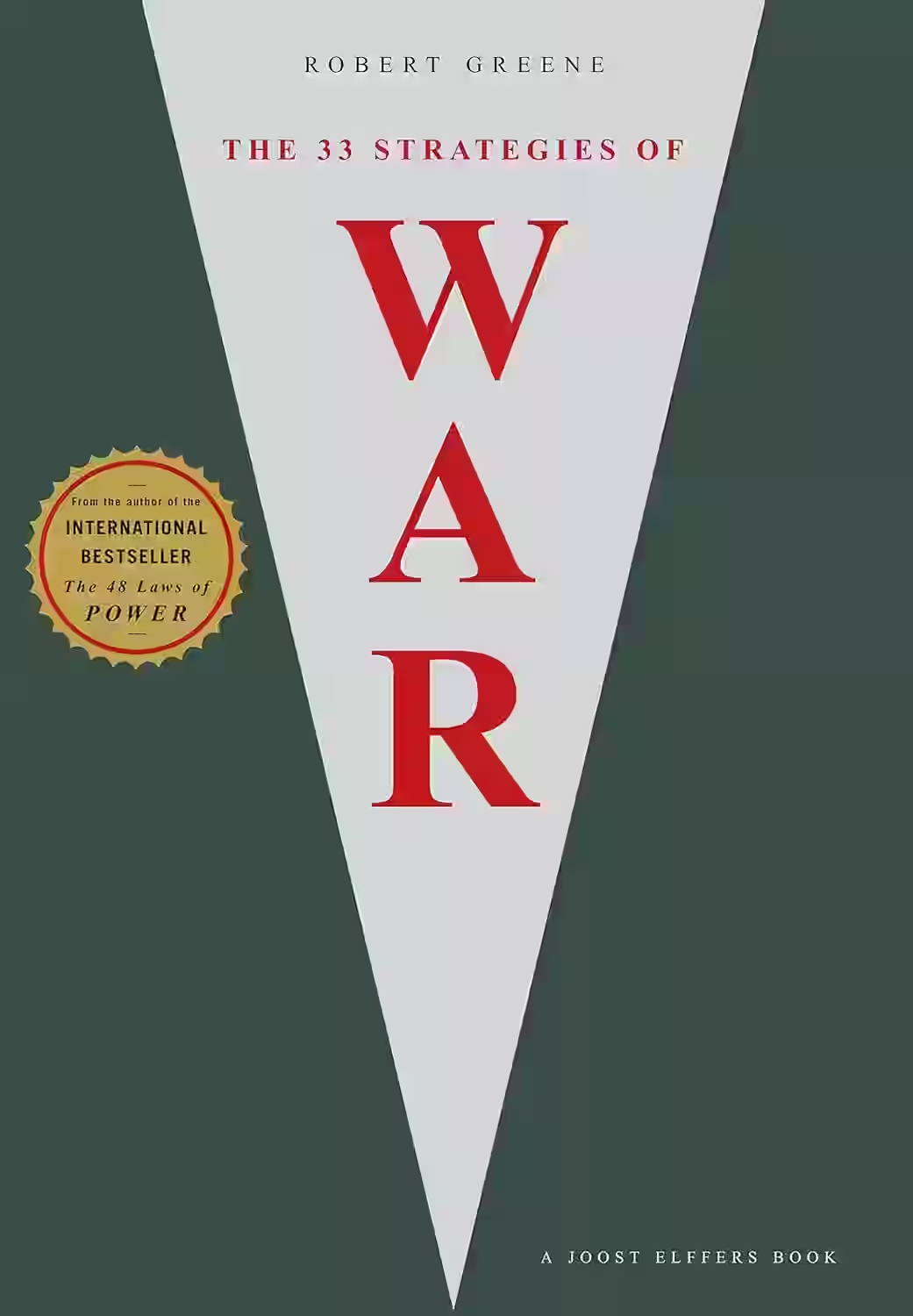
In 'The 33 Strategies of War,' Robert Greene masterfully dissects the timeless tactics employed by history's greatest military leaders, politicians, and thinkers. Drawing examples from Sun Tzu, Napoleon, and others, Greene offers a comprehensive guide to navigating the complexities of conflict and power dynamics in both personal and professional spheres. Each strategy is meticulously explained and accompanied by vivid historical anecdotes, making this book an engaging and enlightening read for those seeking to outmaneuver opponents and achieve their goals effectively. Greene's unique blend of history, psychology, and strategy provides readers with a thought-provoking exploration of the dynamics of power and warfare.